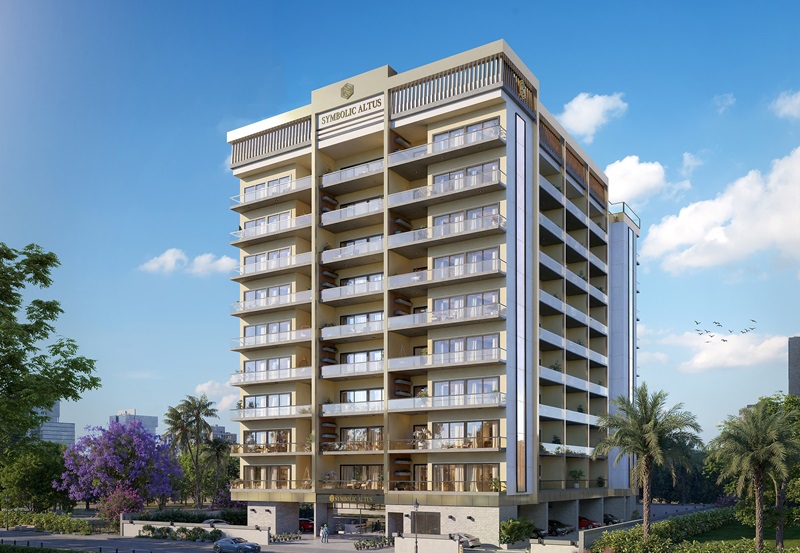
Market forecasts on the global growth in the production of hazardous waste ranked the Middle East region, alongside Asia-Pacific, as a key market expected to top the list of hazardous waste product generation by 2024. This begs a timely question: How can companies, like ours, help governments and private organizations when it comes to mitigating the growth in hazardous waste products, reducing contamination and providing a cleaner legacy for future generations?

Most, but by no means all, hazardous material in the Middle East is generated by the petrochemicals industry – a key driver for economic development across the GCC and beyond – so it is obvious to see why the region’s hazardous waste output is projected to grow further, even as most governments look to diversify away from hydrocarbon dependence.
The good news is that according to origin and composition, most wastes can undergo physicochemical treatment in dedicated facilities, can be incinerated at high temperatures, or are stabilized and buried in special landfills. Veolia is a world leader in hazardous waste treatment, recycling and recovery, as well as soil remediation, and thanks to having specialized subsidiaries, companies like ours will be key to success in reducing hazardous waste production.
Take, for example, the Kingdom of Saudi Arabia. The country features prominently when one talks about accelerated industrial development, and this surge in economic growth is being accompanied by an upturn in hazardous waste production from a range of industries.
To help counter this waste growth, and having been present in KSA for the last decade, Veolia Middle East has partnered with the Royal Commission for Jubail’s investment arm JYIC on the development of a central utilities and waste valorization plant in the PlasChem Park of Jubail Industrial City.
Designed on a Design-Build-Own-Operate model, the plant will be operational in 2022. It will feature an incineration capacity of 60,000 tons per year, along with state-of-the-art technology and environmental compliance, based on our extensive international experience as a resource management specialist.
Once launched, the facility will provide a unique sustainable waste treatment solution, targeting industrial waste streams. As part of the treatment process, Veolia will recover energy in the form of steam for use within several industrial applications. This includes the provision of steam, cooling, and instrument air across the Plaschem industrial park.
This project is one of many that we are working on around the Middle East. In the UAE, we have partnered with Dubai Municipality on a plant that treats wastewater that is polluted by industrial wastewater, oils, heavy metals, and acidic and alkaline waste. The plant has a daily capacity to treat 600 cu/m of hazardous fluids – a volume equivalent to 8,000 full household bathtubs.
In addition to treating hazardous fluids using appropriate process lines in dedicated plants based on the fluids’ chemical composition and origin, the plant also provides tertiary treatment using a reverse osmosis (RO) system, enabling Dubai Municipality to reuse almost 75% of the treated wastewater.
Thanks to our innovative approach, we can also tackle highly specialized challenges, such as those posed by low-radioactive materials. In Kuwait, we were awarded the contract to build and operate a low-level radioactive waste storage and treatment plant. Under the agreement, we will also be responsible for detecting and monitoring radioactivity in the drilling facilities, as well as for transporting, confining and storing the waste prior to decontamination.
The above are just a few examples that provide insight into the kinds of innovation required as the region continues to industrialize. While the march of industrial progress is inevitable, our expertise and experience mean that we will be at the forefront of efforts to help regional economies grow in a more sustainable way.
(The author Sébastien Chauvin is the CEO of Veolia Middle East)

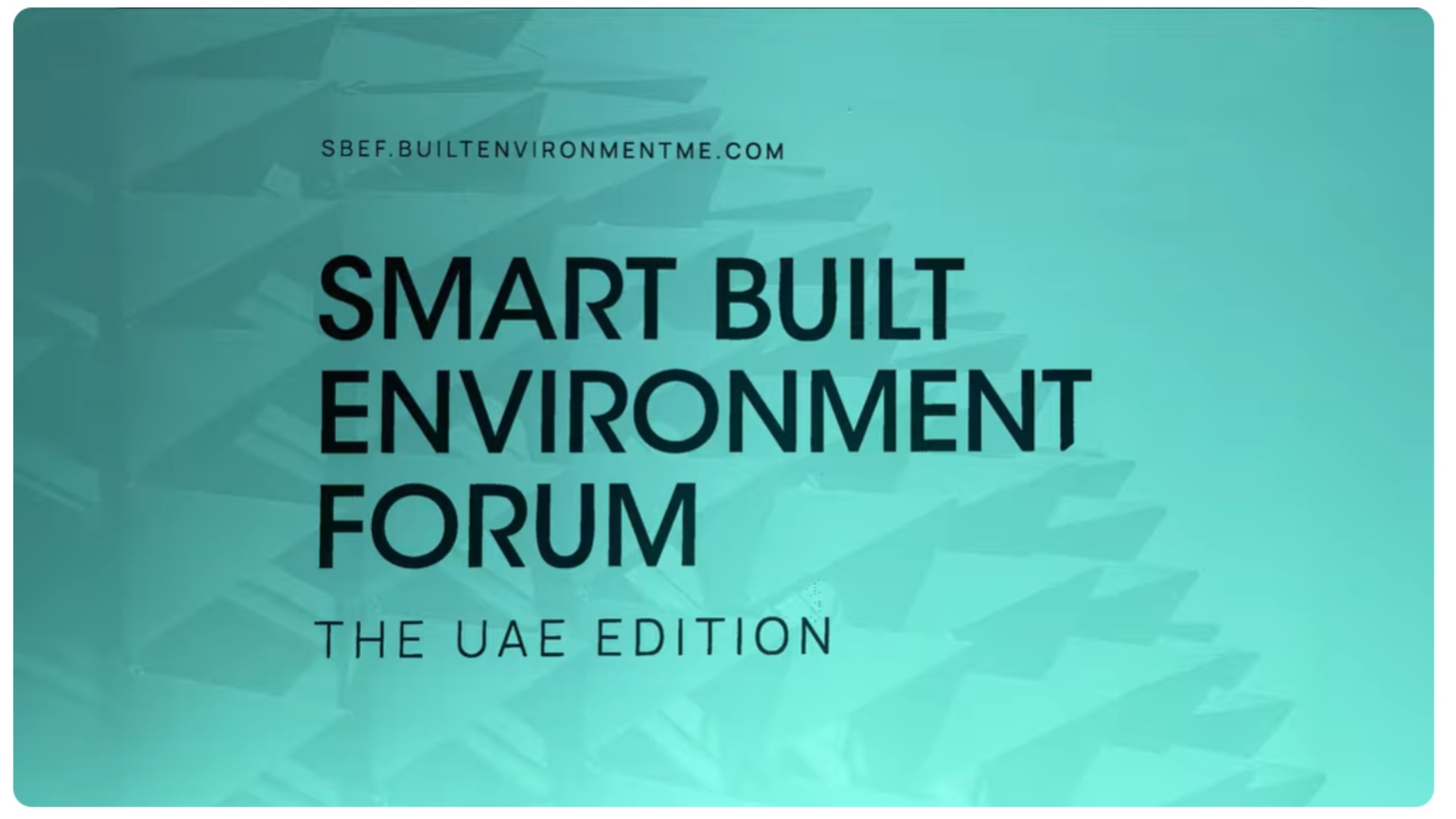
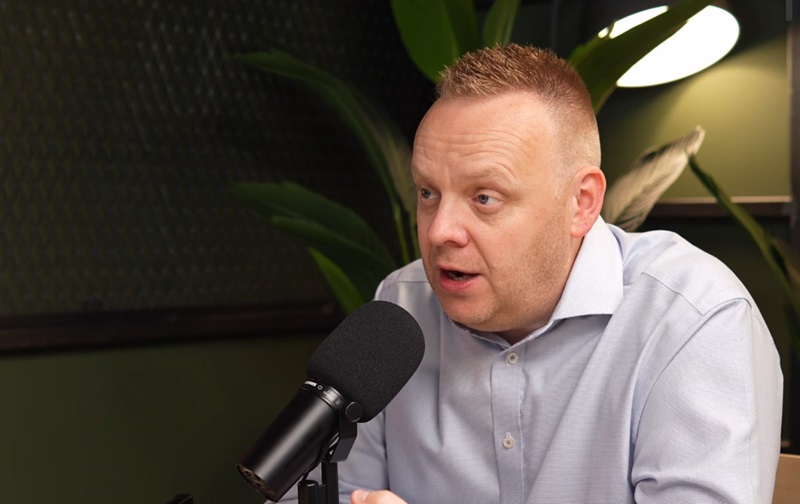





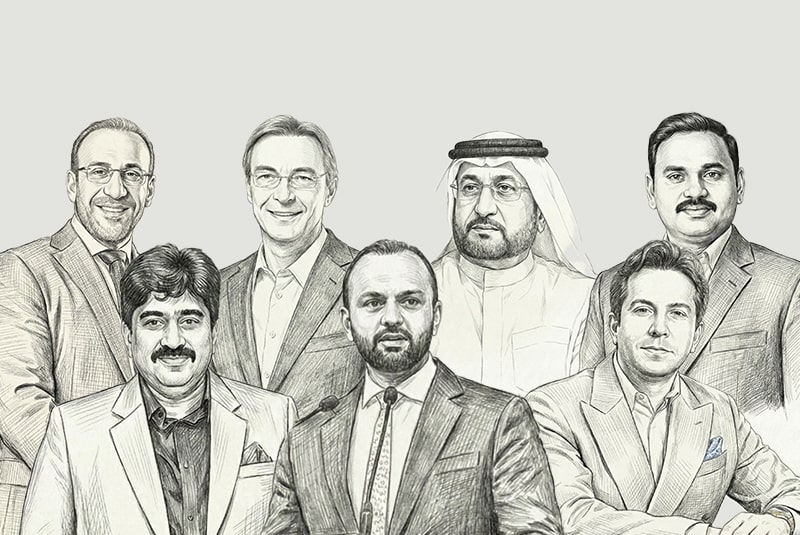
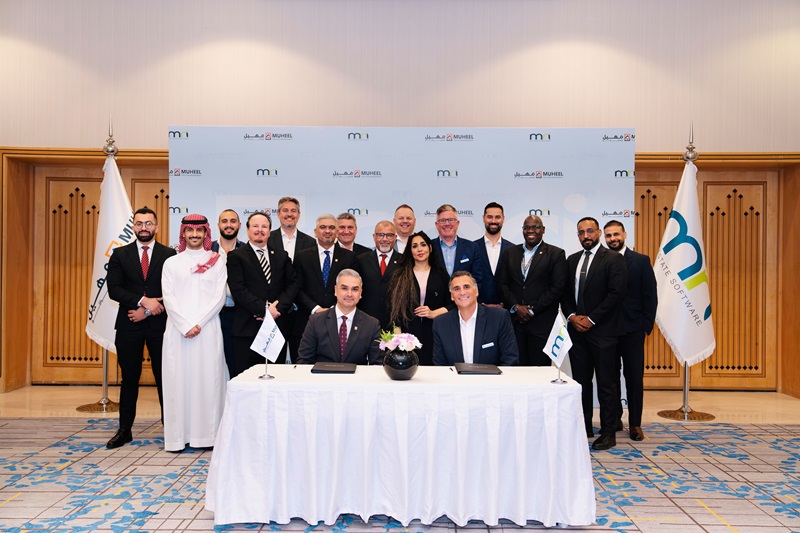
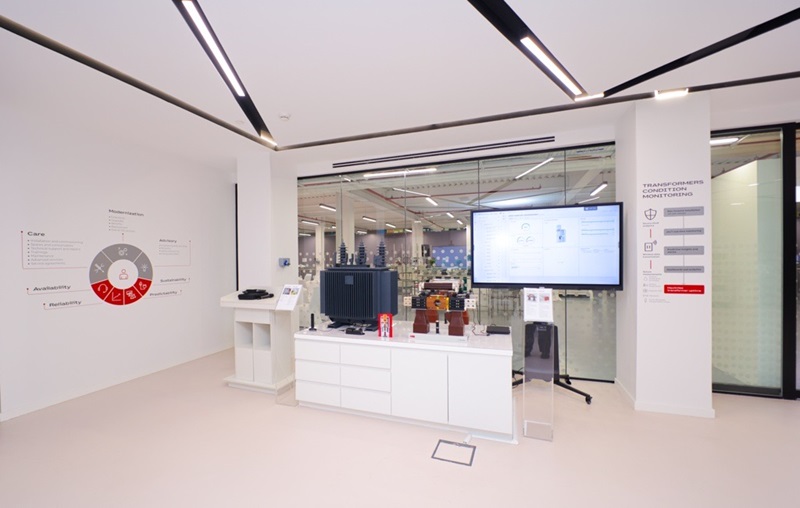
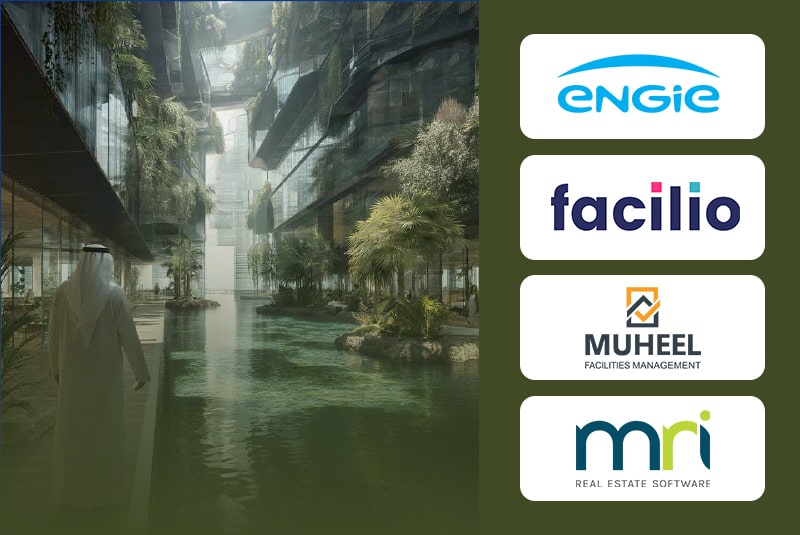
.jpg)
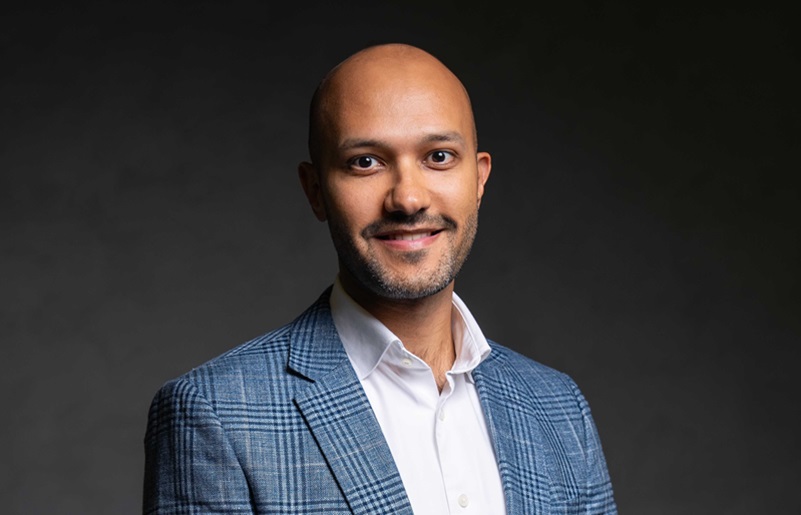
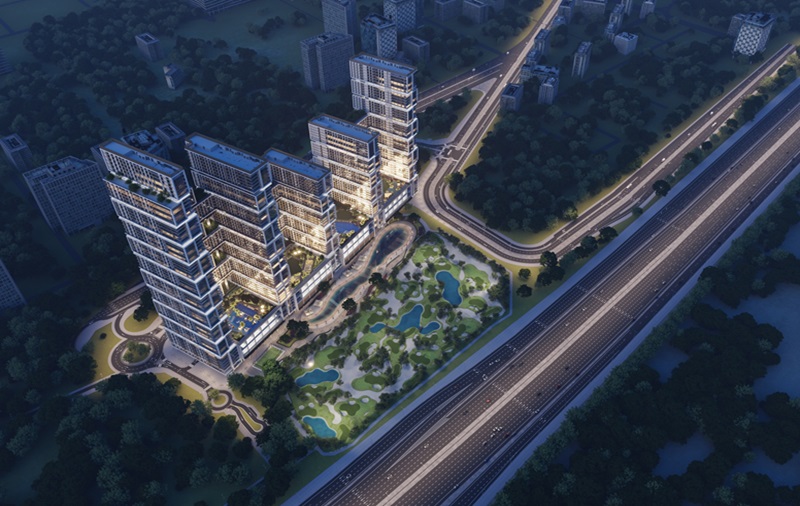
.jpg)
